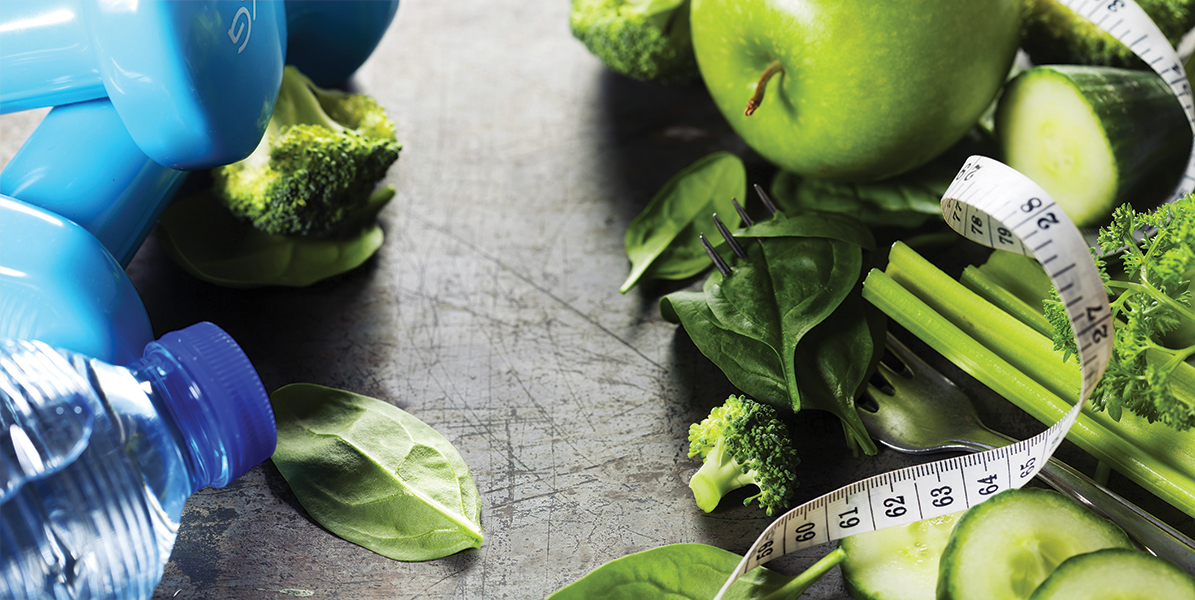
Health News
Features
-
The 12 Days of Temptation
Simple Advice to Help You Control Your Blood Sugar Through the Holidays The holidays are right around the corner! That means you’re probably starting to think about all the delicious food that comes with Thanksgiving, Christmas, New Year’s, and probably a few family get-togethers in between. Usually, after fantasizing about all the tasty meals on…
-
Health Hero
Waiting on a Miracle Young Mother Remains Hopeful Through Battle WIth Chondrosarcoma by MARY TOOTHMAN Cliche or no, the truth is that the lovely Jessica Burton had it all — a loving husband who’s a partner in every sense of the word, work she loved as a registered nurse, and two little girls who fill…
-
Education Empowers
Prevention Program Helps Those at Risk of Type 2 Diabetes by TERESA SCHIFFER Diabetes is a public health problem that many Americans struggle with. According to the American Diabetes Association, more than 30 million Americans have diabetes, or 9.4 percent of the population. About 7.2 million of those individuals have not even been diagnosed. It…
Columns
-
Wine: Good or Bad for Your Teeth?
Wine is a favorite beverage of many people, and the various studies indicating wine’s heart healthfulness have been greeted with cheers. However, while the antioxidants in certain wines may be good for your heart, it doesn’t speak as to whether wine is good for your teeth or not. WINE’S NEGATIVES Wine is a highly acidic…
-
The Four Killer ‘Bs’ of Health
Do you know your health numbers? There are four numbers that can help paint a better picture of your health, and this is something you should be discussing with your primary care physician. We like to call them the “Four Killer Bs”— but don’t be scared! When kept in check with proper preventive steps, these…
-
Pilonidal Cysts— A Pain in the . . .
Pilonidal cysts and sinuses are conditions that occur from hairs growing downward into the skin and deeper tissues, usually in the region of the lower back and tailbone. Pilonidal cysts occur in 26 out of every 100,000 patients. They are three times more common in males and tend to show up in the late teens…





